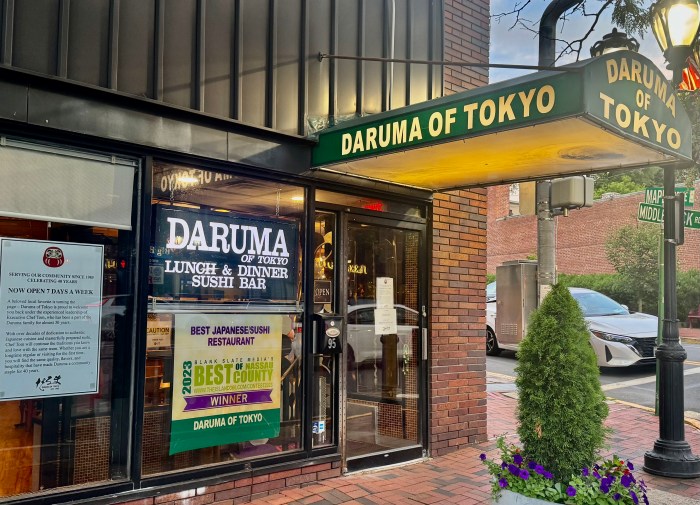It seems like more and more people are on special diets these days. Whether it’s because of allergies, dietary preferences or the desire to eat healthier, everyone seems to be more careful about their food choices.
When someone has a specific allergy, they spend lots of time reading labels and learning which ingredients to avoid. But when dining out, attending events or visiting friends who don’t have the same concerns, though they may be trying to satisfy your restrictions, they just don’t fully understand.
At a recent catered event, I heard a vegetarian ask if there was meat in a passed hors d’oeuvre. The waitress said no. When the guest inquired about the red specks, the waitress said they were bacon. It didn’t even occur to this server that bacon was meat.
A young girl in the neighborhood is severely allergic to tree nuts and sesame seeds. She can’t even eat plain bagels from most local shops because she has a horrible reaction to the sesame seeds used on other bagels that may have touched the same surface.
Recently, a restaurant catered a gluten-free event for children with celiac and served gluten-free pasta. When all of the children got very sick, the kitchen staff realized that they shouldn’t have cooked the pasta in the same water that was just used to boil regular pasta.
If you’re not close to someone with these sensitivities, you may not realize that most soy sauces contain gluten, that breadcrumbs can be made with sesame seeds or that gummy bears could have been manufactured in a factory that also produces nuts.
But, no matter how careful people try to be, companies often change their recipes, adding new ingredients—and some of these items would never even enter your radar.
How many vegetarians are aware that wine is often made using animal products? According to PETA, the fermented grape beverage is filtered through “fining agents” to remove unwanted organic matter. Animal-derived fining agents can include blood and bone marrow, casein (milk protein), chitin (fiber from crustacean shells), egg albumen, fish oil, gelatin (protein from boiling animal parts) and isinglass (gelatin from fish bladder membranes).
Vegan wine is available, but who would ever think to ask for such a product. So, if you have an allergy or specific preferences, be sure to read labels carefully and don’t be shy about asking questions of the people preparing your food. Most hosts try to be accommodating, but you need to offer very detailed instructions. Your health and well-being depend on it!































